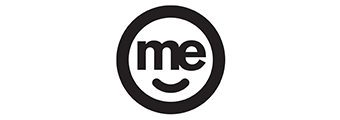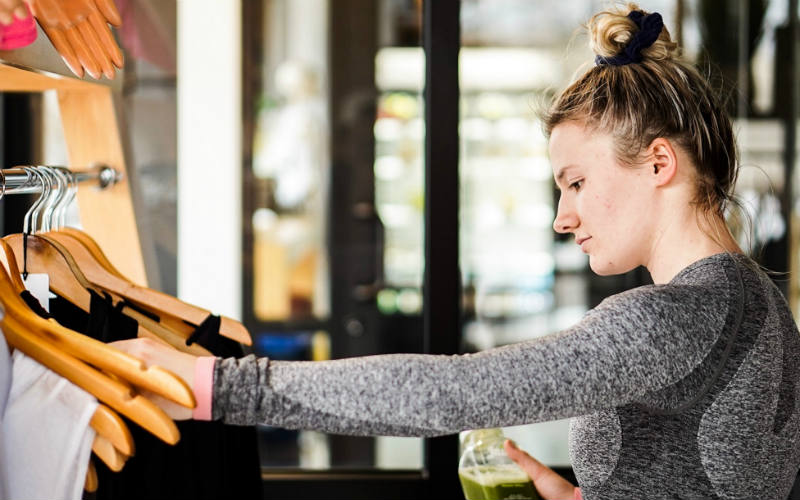ME Bank's COVID-19 Financial Sentiment Snapshot surveyed 1,000 Australians to gain insight into how the population is faring financially during the crisis.
Of those surveyed, 56% said their income had stayed the same while 11% reported an increase.
While only a third of respondents had seen a fall in income, future sentiment was more negative, with 44% expecting the pandemic to have a negative effect on their household's finances in the long-term.
Of those who said they are feeling negative about their finances during the pandemic, 63% said it was because they 'feel uncertain about the economy', 40% said it was due to their ‘inability to save money and get ahead’, while 38% attributed it to ‘negatively impacted investments and/or super’ – rising to 45% among Baby Boomers.
Want to earn a fixed interest rate on your cash? The table below features term deposits with some of the highest interest rates on the market for a six-month term.
Many of those feeling negative about their finances blamed employment concerns: The findings suggest 29% of Australians were feeling ‘insecure about their job’, while 20% ‘have taken a wage cut’ and 17% have ‘lost their job’.
|
Question: You said you’re feeling negative about your finances. Why is this? |
|
|
Uncertainty around the economy |
63% |
|
Unable to save money and get ahead |
40% |
|
My investments and/or super have been negatively impacted |
38% |
|
Spending more on essential items |
35% |
|
I’m feeling insecure about my job |
29% |
|
I have debts |
26% |
|
Unable to achieve my financial goals e.g. buy a home, take a holiday |
23% |
|
I’ve had to a take wage cut / my income has been reduced |
20% |
|
I’ve lost my job |
17% |
|
I have closed my business or about to |
2% |
|
Other |
5% |
Source: ME Bank
However, of those who said their incomes had either stayed the same or increased, 47% said they were saving more than before the pandemic.
Of those with affected incomes, 34% said they were saving more.
ME Money Expert Matthew Read said many Australians are discovering the difference between essential and non-essential purchases and spending.
“Many households tend to put money aside as soon as they feel financially uncertain,” Mr Read said.
“Having a financial buffer is a good idea as it provides peace of mind when it comes to paying bills, essentials, rent or a home loan.
"One saving grace of staying at home is that we’re spending less on activities such as going out to dinner or taking holidays. For some, the lockdown is forcing us to save.”
Among the Australians who saw a fall in income, 72% were choosing to cut out unnecessary expenses to deal with the change, 29% have sought government assistance and 24% have drafted a personal budget.
Mr Read encouraged all Australians to use this time as an opportunity to take stock of their finances.
“If you have a little extra time on your hands at home, take advantage of it and review your finances and personal budget," he said.
"It pays to focus on what you can control and taking stock of where your money is going now may really help your financial wellbeing in the future.”
|
Question: You said your income has decreased, what have you done to manage this change? |
|
|
Cut out unnecessary expenses |
72% |
|
Sought assistance from the government e.g. benefits |
29% |
|
Drafted a personal budget |
24% |
|
Saved more to create an emergency savings buffer |
19% |
|
Sought assistance from family or friends e.g loans or free accommodation |
13% |
|
Switched or shopped around service providers e.g. power, gas, internet etc |
11% |
|
Sought assistance from my bank e.g. paused home loan or credit card repayments |
9% |
|
Switched or shopped financial products e.g. home loan, credit cards, savings accounts |
8% |
|
Other |
4% |
Source: ME Bank







 Denise Raward
Denise Raward
 Harry O'Sullivan
Harry O'Sullivan

 Rachel Horan
Rachel Horan
 Alex Brewster
Alex Brewster
